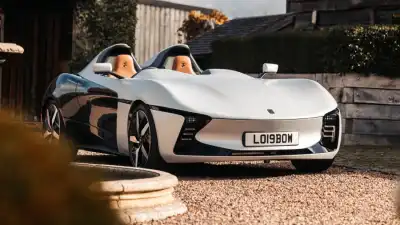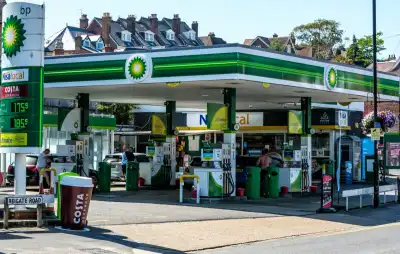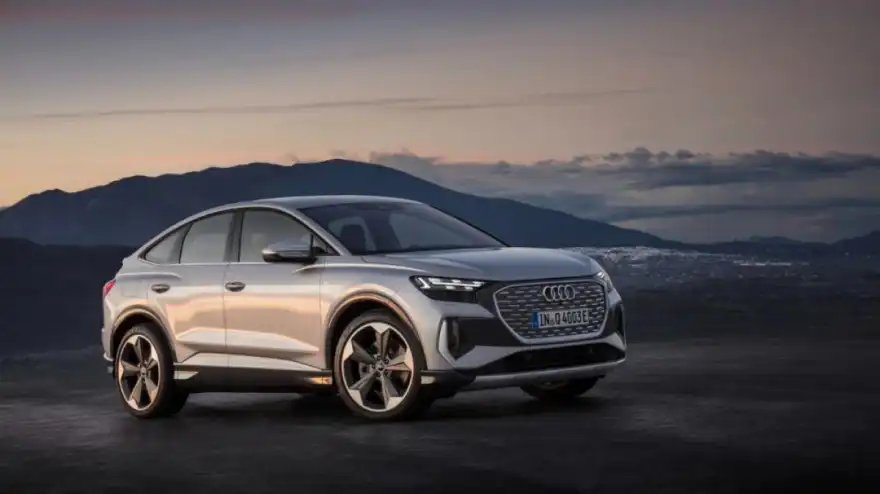
Against the backdrop of an increased cost of living and the chip shortage, which has made getting a new car for many unattainable, motorists were due a bit of fortune.
And it looks set to come in the form of reduced electric car prices.
Despite two instances of the government rounds of reducing the grant for buyers of electric vehicles, they will soon become much cheaper, and potentially even reach parity with petrol and diesel alternatives by 2025.
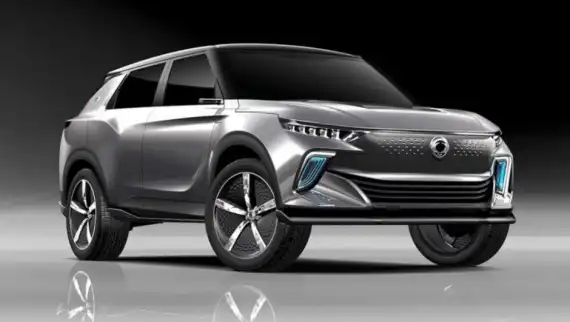
Here’s why…
Electric cars are becoming much cheaper to make. Battery electric vehicle (EV) prices have already fallen sharply due to an increase in the amount of models being made as well as in advancements in the batteries themselves.
With manufacturers building electric cars and vans from scratch, instead of using existing design structures known as ‘platforms’, both the performance and cost benefits are beginning to be realised.
Manufacturers are calling for the UK government to increase incentives for EVs until parity with traditional fuels has been secured but given they only cut them recently this is highly unlikely to happen.
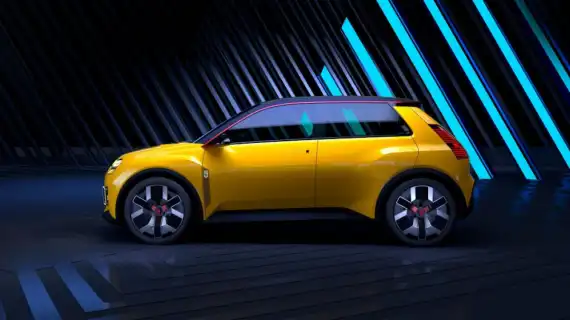
What about the raw materials to build the batteries?
Batteries require minerals such as lithium and cobalt and it is widely acknowledged that there are sufficient quantities of all the raw materials needed to be able to cope with a rapid expansion in the amount of electric cars, vans, buses and even lorries being built worldwide.
The UK is also planning to improve its own battery production by opening a large scale battery factory in Blyth as we attempt to catch up with China, Japan and South Korea in manufacturing output.
Previously owned electric cars are about to hit the market
In 2019 many electric cars were bought up by commercial fleets - taxi or car hire companies or those with company cars - after the government offered tax breaks for EVs.
These companies tend to sell off those vehicles after two to three years, so those are about to enter the second-hand market.
If you’re interested in getting hold of a previously owned electric vehicle, give our Auto Experts a shout here and they’ll help you out.
What are the current savings?
Research has shown the average motorist should save £700 a year in fuel costs by switching shift to electric.
Although electricity prices have been affected by the gas crisis, people will still reduce their fuel costs by switching to an EV, as electricity is much cheaper than petrol.

